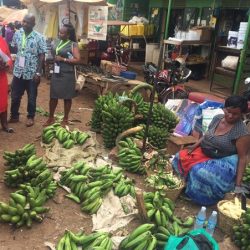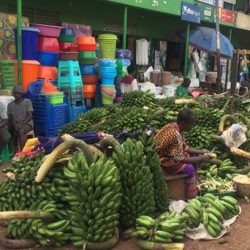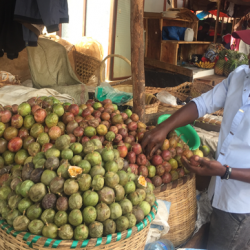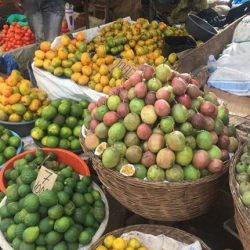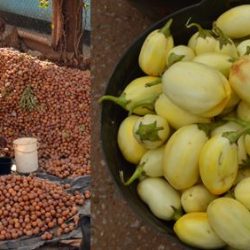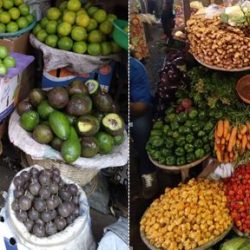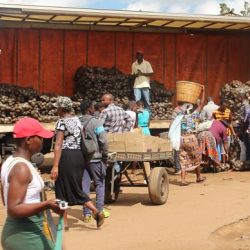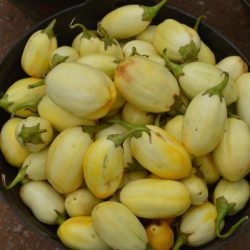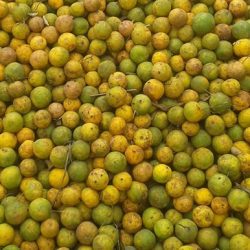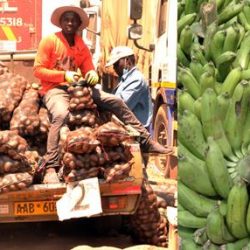The only market where knowledge exchange is part customer experience
The only market where knowledge exchange is part customer experience What differentiates African food markets from the rest is that they do not just sell commodities but educate consumers. Where the majority of workers in formal markets like supermarkets focus only on selling commodities, traders in African food markets are always ready to educate consumers Read more about The only market where knowledge exchange is part customer experience[…]

